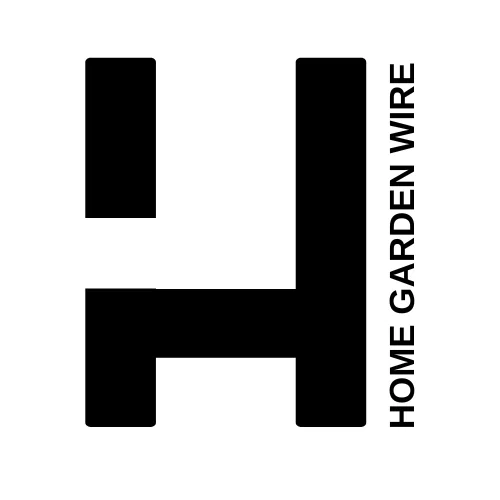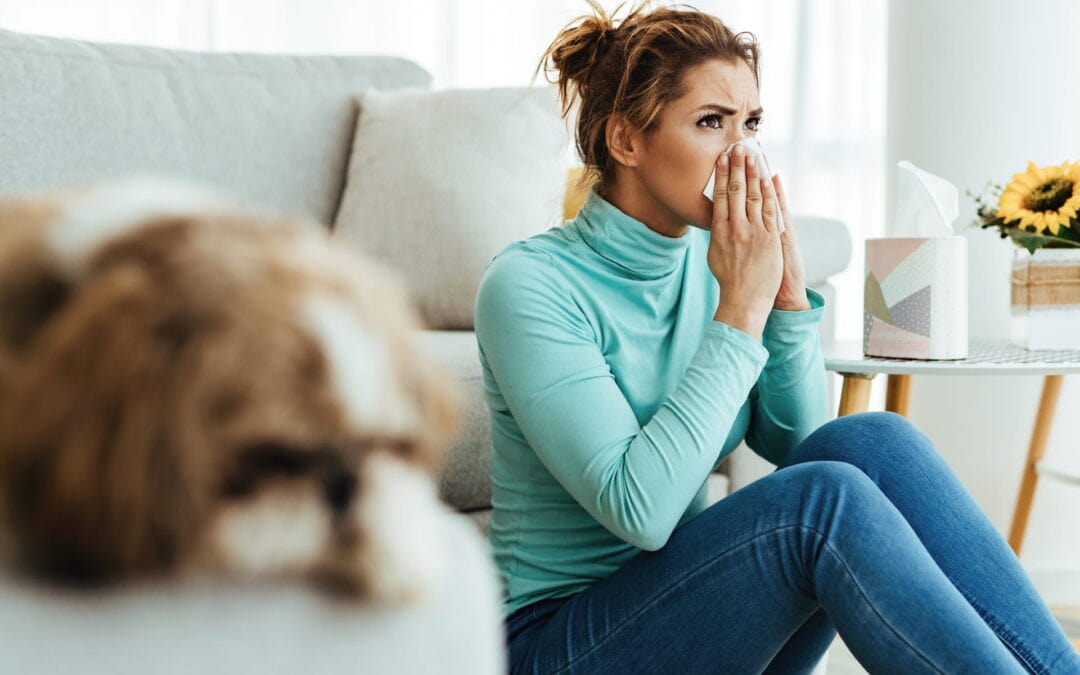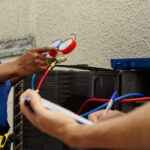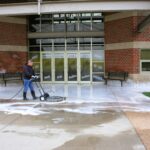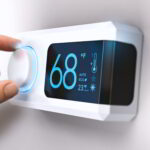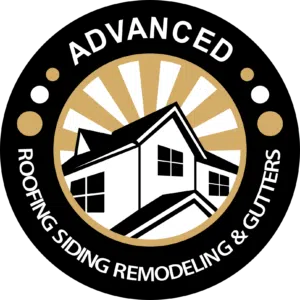Allergens hidden within carpets often lead to ongoing health challenges for homeowners and businesses committed to maintaining healthier indoor environments. Professional carpet cleaning services provide critical solutions by dramatically reducing allergen levels and fostering cleaner, safer spaces. Covington Carpet Cleaning Co. advises, “Consistent professional carpet maintenance significantly cuts allergen exposure, enhancing indoor comfort and overall wellness.” Clearly understanding the specialized cleaning methods helps individuals and businesses recognize the importance of professional carpet care.
1. Intensive Steam Cleaning for Allergy Control
Intensive steam cleaning, technically known as hot water extraction, powerfully penetrates carpet fibers to loosen deeply trapped allergens. Technicians inject heated water combined with specialized cleaning agents into carpets, effectively breaking apart and removing stubborn allergens. For example, a household experiencing persistent allergies noticed marked improvement in respiratory health following professional steam cleaning. EPA standards confirm that steam cleaning effectively eliminates nearly 98% of common household allergens.
- Powerfully eliminates dust mites
- Effectively reduces pet dander
- Significantly cuts down pollen residues
2. Advanced HEPA Vacuuming Techniques
Professional carpet cleaning specialists employ vacuums fitted with High-Efficiency Particulate Air (HEPA) filters, capturing tiny allergenic particles traditional vacuums often miss. HEPA filtration removes particles as small as 0.3 microns, vastly improving air purity. Families frequently report enhanced breathing quality and fewer allergic reactions after HEPA vacuuming. According to the U.S. Department of Energy, HEPA filtration captures 99.97% of airborne contaminants, improving overall environmental health.
- Captures minuscule dust particles
- Substantially reduces airborne pollutants
- Boosts indoor air freshness
3. Non-Toxic, Allergy-Safe Cleaning Solutions
Professional carpet cleaners prioritize non-toxic, allergen-safe cleaning products to prevent chemical irritations and allergic responses. These carefully selected cleaning agents effectively eliminate allergens without introducing harmful chemical residues. Individuals sensitive to harsh cleaners consistently experience reduced allergic symptoms with these safer products. The CDC recommends non-toxic products, particularly for households with allergy sufferers.
- Minimizes chemical irritants
- Protects allergy-prone individuals
- Leaves carpets safe and residue-free
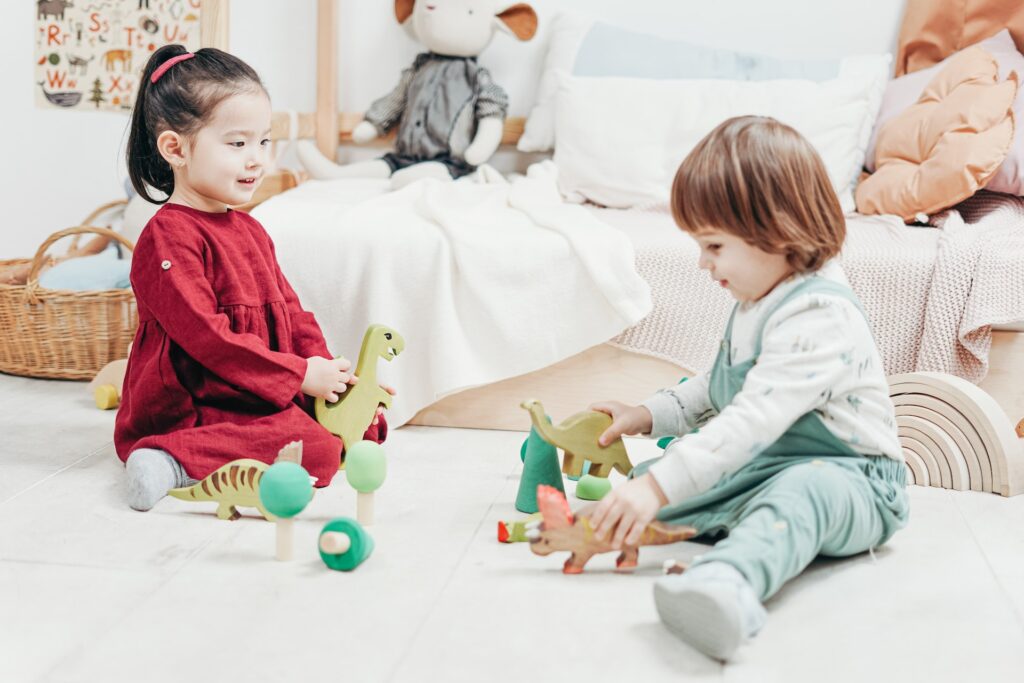
4. High-Capacity Suction Equipment for Deep Allergen Extraction
Professional carpet cleaners utilize high-capacity suction equipment capable of removing allergens deeply embedded in carpet fibers. This intensive extraction process significantly reduces dust, dirt, and microscopic debris unreachable by standard cleaning tools. One business owner reported notably cleaner carpets and better air quality after using professional carpet services. OSHA underscores the importance of powerful extraction tools for preventing indoor allergen buildup.
- Removes deeply trapped dirt
- Limits future allergen accumulation
- Provides comprehensive cleaning results
5. Targeted Anti-Allergen Treatments
Following the cleaning process, carpet cleaning professionals frequently apply targeted anti-allergen treatments. These treatments create a protective barrier that neutralizes allergen proteins, dramatically reducing allergen exposure over extended periods. Commercial establishments, especially those with significant foot traffic, benefit significantly from these preventive treatments. Studies from allergy experts confirm the effectiveness of these anti-allergen applications in reducing symptoms.
- Neutralizes allergenic proteins effectively
- Offers long-lasting allergen reduction
- Optimal for heavily used areas
6. Efficient Drying Methods to Prevent Mold
Efficient drying methods adopted by professional carpet cleaners dramatically reduce mold and mildew risks, common allergen sources. Fast-drying within 24-48 hours is crucial to preventing allergenic mold spores from developing. Many property owners experience reduced mold-related allergy issues after employing rapid drying carpet cleaning techniques. The EPA strongly advocates fast drying processes to limit health risks associated with mold growth.
- Prevents mold and mildew effectively
- Lowers moisture-related allergens
- Enhances indoor air safety
7. Detailed Upholstery Cleaning
Upholstery cleaning alongside carpets is critical because furniture fabrics frequently harbor allergens that recontaminate cleaned carpets. Allergens trapped in upholstery can perpetuate allergy symptoms unless addressed comprehensively. Homeowners often observe improved allergy symptoms after professional upholstery and carpet cleaning services. Health guidelines suggest upholstery cleaning every 12-18 months to maintain optimal indoor allergen control.
- Eliminates allergens from furniture fabrics
- Prevents allergen transfer to carpets
- Ensures comprehensive allergen management
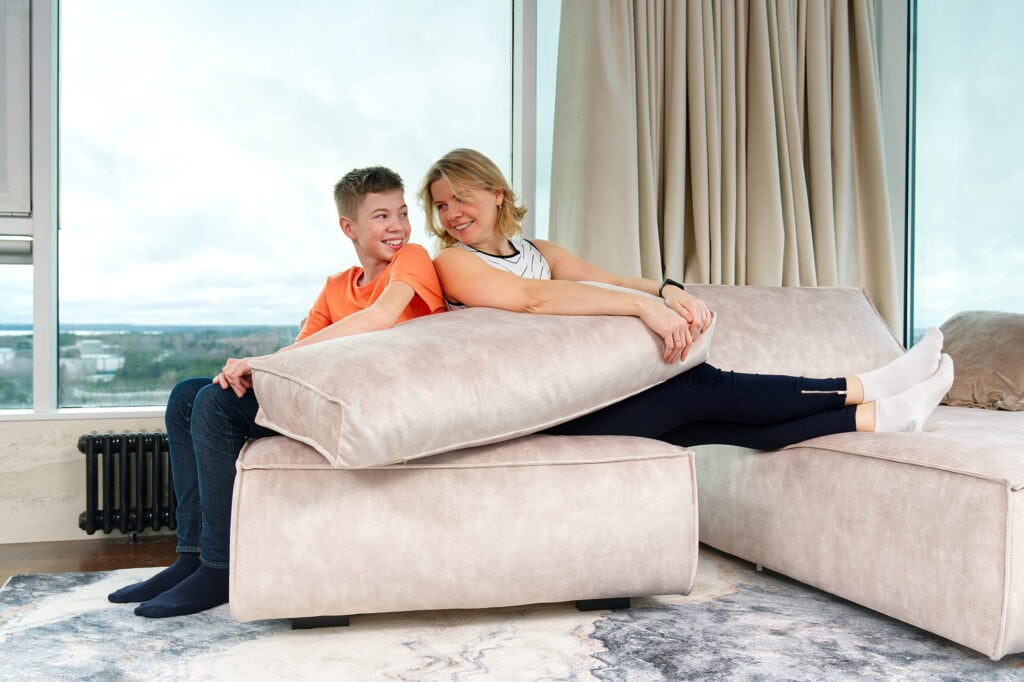
Key Takeaways for Optimal Allergen Reduction
- Intensive steam cleaning deeply cleans carpet fibers.
- HEPA vacuuming markedly improves indoor air quality.
- Allergy-safe cleaning solutions protect vulnerable individuals.
- Powerful suction equipment effectively removes embedded allergens.
- Anti-allergen treatments provide prolonged allergen protection.
- Rapid drying significantly reduces mold-related health risks.
- Regular upholstery cleaning ensures thorough allergen control.
Frequently Asked Questions on Carpet Cleaning and Allergens
Can professional carpet cleaning entirely eliminate allergens? Professional cleaning significantly decreases allergens, greatly enhancing indoor air quality and alleviating allergy symptoms.
Is steam cleaning more effective than dry cleaning for allergies? Yes, steam cleaning penetrates deeper into carpets, making it more effective at removing allergens and improving indoor air quality.
How frequently should carpets be cleaned professionally for allergen control? Professionals recommend carpet cleaning every 6 to 12 months, depending on the traffic and individual sensitivity to allergens.
What signs indicate effective allergen reduction after carpet cleaning? Improved breathing comfort, fewer allergic reactions, and reduced allergy symptoms clearly indicate successful allergen reduction.
Does cleaning upholstery greatly influence allergen management? Absolutely, upholstery cleaning is essential because allergens trapped in furniture fabrics can quickly recontaminate clean carpets.
Home Garden Wire is your go-to resource for the latest in home and garden services. We provide reliable, actionable information on DIY home improvement, home maintenance, eco-friendly practices, and home design. Our well-researched content empowers homeowners with practical solutions and expert advice. Trust Home Garden Wire to help you enhance your living spaces with tips on home renovation, sustainable living, and innovative home services.
